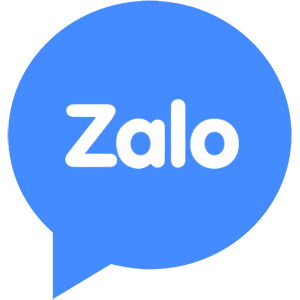Position and Activity monitoring Platform based on IoT technology
Description
Ageing is associated with significant decline in psychological, physical, and social functions contributing to disability as well as the loss of autonomy, dignity and quality of life. In particular, it is well known that aging is directly related to increase in Mild Cognitive Impairments (MCI). It is important, at the public health and economic levels, to preventively act against prodromal signs of cognitive disability early when the process is still sensible to effective implementation of specific tailored interventions.
The assessment and care of cognitive frailties can be addressed by considering different aspects. A number of studies have shown the impact of MCI on the Activities of Daily Living (ADL). The monitoring of activities related to household, food preparation, use of telephone, etc. can provide information about cognitive aspects such as memory, executive functions, spatial orientation and attention. Moreover, it has been verified that having an active social life decreases the risk of CIs.
Social life relates to every activity which is carried out outside the house including walking, being involved in charity, going shopping, being member of centers for old people, etc.
In this framework, the objective of this project is the creation of a prototype of a wearable device enabling the monitoring of elderly people during their everyday activities based on Internet-of-Things (IoT) technologies. The device will enable hybrid (outdoor and indoor) localization, allowing elderly people to be located in case of emergency (e.g. typical case of an old person suffering of Alzheimer’s disease who gets lost in town). Localization will be based on the smart use of a variety
of data sources, such Global Positioning System (GPS) receiver, WiFi and Bluetooth modules, which will be all included in a single wearable device, designed for use by elderly people and to minimize energy consumption. The device will also include an accelerometer, whose data will be used to identify the movements of the monitored person. The collected information will be sent through a low-power standard LoRa communication channel to a web service that will process the data.
The starting point for the creation of the prototype will be an already existing IoT platform resulted from a scientific collaboration between LEAT and Abeeway (French company). This platform is a miniaturized tracker, which can be attached to the object whose position needs to be tracked. It already includes a GPS receiver and the WiFi, Bluetooth and LoRa modules. In this project, LEAT has been responsible for the design and testing of a miniaturized multiband antenna solution covering
all the operating frequency bands of the device.
This work will be aimed at further exploiting this research work, by extending the operation of the already existing IoT platform on the human body, making the device suitable for e-health application. To this end, three main activities will be carried on: the modification of the antenna to maintain an acceptable radiation efficiency when operating in close proximity of the human body, the variation of the shape of the device to better fit with wearable e-health application and the use of various energy harvesting systems (thermoelectric generator, mechanical or solar cell) to extend the device autonomy.
Members
Leaders:
Fabien FERRERO (ASS. PR), Leonardo LIZZI (ASS. PR)
Corresponding:
UCA-UNS: Fabien FERRERO (ASS. PR)
UD: LE Quoc Huy (PhD - DUT - EE)
Teachers / Researchers / Doctoral:
UCA-UNS: LE Trong-Nhan ( (PhD)
UD: PHAN Hoc (PhD - DUT – CoE)
Internship students:
Hedi.Guiza (M1/I4 EE), Hady KAMEL (M1 EE)



